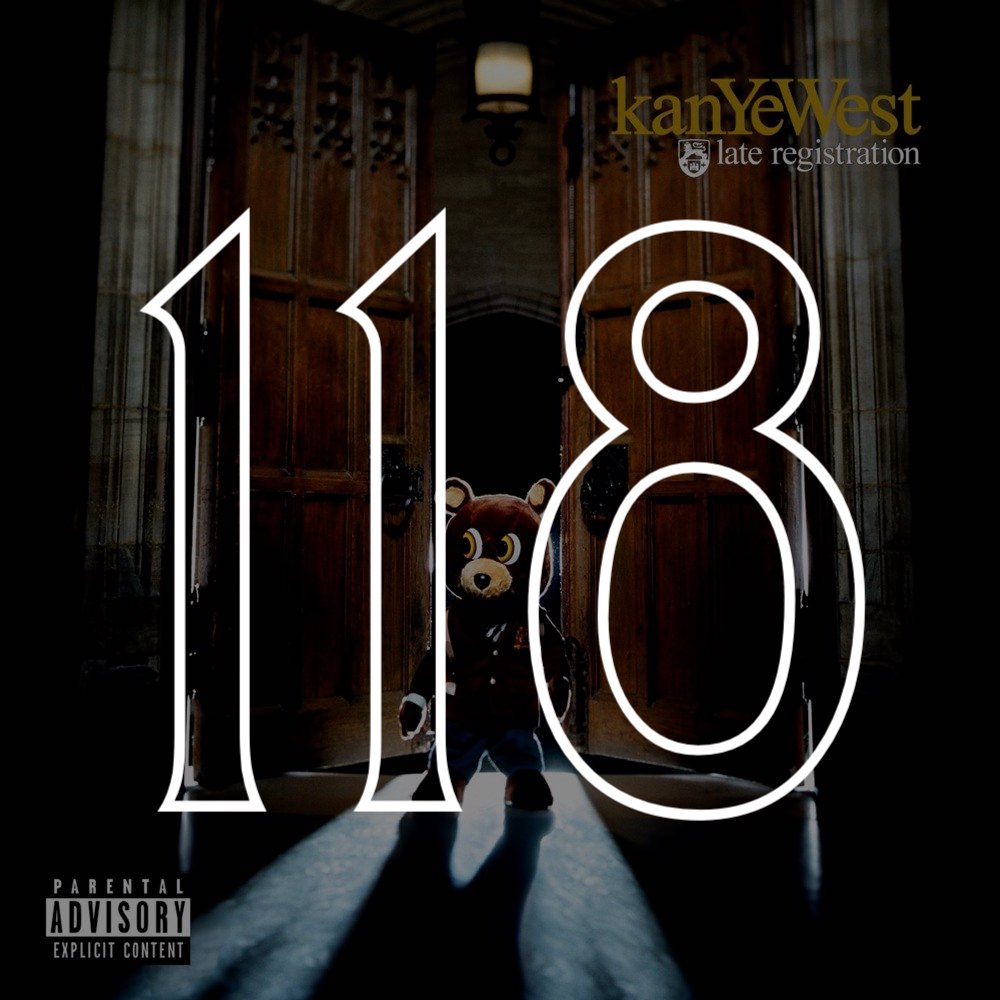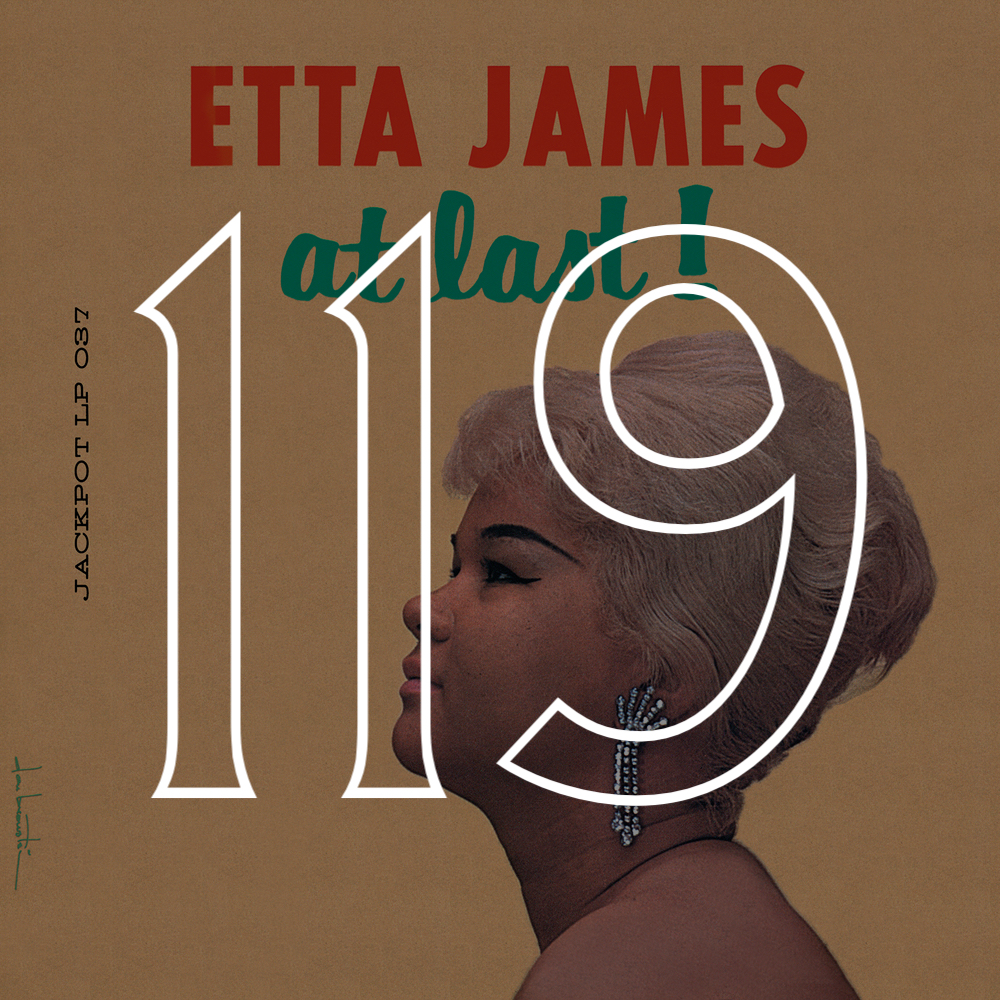#110: The Velvet Underground, "Loaded" (1970)
Doug Yule says, “The thing about making violins is the required attention to detail. You sand and warp and shave—you grip the plane and run it along the wood’s surface, go with the grain to keep it smooth. It’s some kind of beauty.” This is what Yule does now, makes violins.
*
Doug Yule says, “I never said that last thing—not all of it anyway, and not exactly.”
James Brubaker says, “We’re doing fiction now. Heavily researched fiction, but fiction nonetheless. I’ll be kind and fair, I promise.”
Doug Yule says, “But there are enough of my words from interviews all over the internet that you could construct this whole piece without making up a word.”
James Brubaker says, “Not the whole piece.”
Doug Yule, “I’ve said so much about my time with the Velvets.”
James Brubaker says, “The problem wasn’t you—it was the people asking the questions.”
Doug Yule says, “Will you at least use a quote where I refer to Sesnick as a ‘sleazy con person’?”
James Brubaker says, “I just did.”
*
Lou Reed says, “Caroline says, ‘Life is meant to be more than this and this is a bum trip.’”
*
A DJ at WLIR Radio says, “Where’s Doug Yule?”
Lou Reed says, “Dead, I hope.” This interview happens in 1972 when Yule, against his better judgement and at the urging of Steve Sesnick, is still touring as the Velvet Underground, without any founding members present.
*
Doug Yule says, “Say a word for Jimmy Brown. He ain’t got nuthin at all.” The words aren’t his, he didn’t write them, but when he sings them, they are beloved lines in a beloved song. Or at least as beloved as anything else by the Velvet Underground from when the band was still a going concern. Now, of course, the song is truly beloved. From the time Yule was brought into the band after Lou Reed and Steve Sesnick forced John Cale out, the multi-instrumentalist’s role increased from just performing on the band’s 1969 self-titled album, to collaborating in the studio on Loaded, and then finally to whatever the fuck happened after Reed left the band. Doug Yule doesn’t say much about those last years, particularly about Squeeze.
Critics say, “Squeeze is a Velvet Underground album in name only.” They say this because no founding members of the band were involved with the album.
Doug Yule says, “It was meant to be a solo album.”
*
Doug Yule says, “I’m sorry about Squeeze. I really, truly am.”
*
Velvet Underground Fans say, “Doug Yule is the Mike Love of the Velvet Underground.”
*
Doug Yule says, “I didn’t want to play those last shows under the name Velvet Underground. I truly wanted Squeeze to be a solo album.”
*
Lou Reed says, “Jenny said when she was just five years old, there was nothing happening at all.” It’s notable that Jenny “said” this in the past tense, instead of “says” it in the present. Loaded doesn’t include any of Reed’s “_______ Says” songs that he was fond of writing in the last couple of years of the band’s history. Plenty of those songs were written in the lead-up to Loaded, but they were either buried for more than a decade or saved for Reed solo albums.
*
Doug Yule says, “I was going to be an accountant. What happened?”
*
Doug Yule says, “I’m not going to say anything about how important I was to the band. I’m not going to talk about the parts I played on the self-titled album, or how I sang that beautiful harmony on ‘Jesus.’ I’m definitely not going to talk about how, on Loaded, Lou and me were collaborating, how we were arranging songs together. I’m not going to point out that I was around longer than John Cale, or that I did more on Loaded than other longer tenured band members. And I most certainly won’t talk about my live contributions to the band during those years. None of it is all that important to me.”
*
Doug Yule says, “Even the title was a reference to the fact that the label and Reed and Sesnick all wanted hits. The album was ‘loaded’ with hits. Obviously it wasn’t. I guess that’s what happens when you try to force a thing.”
*
Doug Yule says, “Something’s got a hold on me and I don’t know what.”
*
Doug Yule says, “The key is to live a simple, uncluttered life. Not to get hung up on the past, even when it stings. Even when interviewers ask questions that make you out to be a villain. Even when all they really want to know, still, is what Lou Reed was really like.”
*
Doug Yule says, “Candy says I've come to hate my body, and all that it requires in this world.” They are the first words he sings on a Velvet Underground album, and they are the first words heard on the first Velvet Underground album that Yule is a part of. It is, of course, the album titled The Velvet Underground.
*
Zachary Lipez says, “With you singing ‘Candy Says’ which is probably the most lyrically-themed of the first two records—I read in the liner notes that [Reed] would give you good-natured grief for not really ‘getting it.’”
Doug Yule says, “Yeah, wasn’t always good natured.”
*
*
Doug Yule says, “Sweet Caroline, any day she’ll be mine.” A line from one of the better songs on Squeeze.
James Brubaker says, “Maybe it’s best not to confuse ‘universal’ songwriting with vague, clichéd songwriting.”
*
Doug Yule says, “When I was young, I wanted to play violin. Somehow I played the tuba for a bit. Now I play the fiddle. I like that.”
*
Doug Yule says, “I tell myself, I tell my family and friends, I tell everyone who will listen, the past is the past and I’m done with the past. I tell them that how people feel about me or Squeeze, or the way Loaded sounds, or the tour after Lou left and without Moe and Sterling—I know those things shouldn’t bother me anymore, but maybe they do a little bit?”
*
Doug Yule says, “Say a word for Doug Yule, he ain’t got nothing at all.”
*
*
Doug Yule says, “The Velvets hired me because I was a Pisces. I don’t understand.”
*
Doug Yule says, “I’ve been a musician and a carpenter. Now I make violins and I am happy.”
*
Doug Yule says, “Really, the third self-titled album is the band’s best. I’m not saying that just because I’m on it. It’s the album that most sounds like the Velvet Underground.”
*
Critics and Rock Aficionados around the world say, “The Velvet Underground & Nico is actually the best Velvet Underground album. It’s the most important.”
*
James Brubaker says, “The Velvet Underground & Nico is the big one, the most influential one, the most iconic one. But Loaded—that one feels like a great, straight up rock record. That’s not why people care about the Velvet Underground, though—if the band just released Loaded, maybe people would still dig it because Reed’s songwriting was so fantastic, and the band, with Yule, was somehow the perfect combination of tight and loose, resulting in a warm and transcendent rock sound. Much of the credit for that sound should go to Yule.”
Doug Yule says, “Knock it off.”
*
*
Doug Yule says, “Yeah, I know Sesnick thought I was a pushover. Yeah, I know Reed wanted to sell records. Yeah, I know the point of me at the beginning was to sing and play what I was told to play and sing and to just stay out of the way. That’s how it worked for a little while.”
*
Steve Sesnick says, “If you write about me I’ll ruin you with lawsuits.”
*
Lou Reeds says, “Stephanie says that, ‘she wants to know why she’s given half her life to people she hates now.’”
*
Doug Yule says, “I’ve never hated anyone.”
*
Lou Reed says, “I was an asshole to everyone, except for maybe Metallica, and now I’m dead and I can’t defend myself, so leave me out of this. But I did invite Doug to record and play on tour well after the Velvets debacle. Give me some credit.”
*
Doug Yule says, “One time David Bowie mistook me for Lou Reed, and I didn’t even know who
David Bowie was. That feels like a pretty good metaphor for the last few years of the Velvet Underground.”
*
James Brubaker says, “I’m going to say something now, and it might sound strange, but I kind of like Squeeze.”
Doug Yule says, “Don’t patronize me.” He blushes a little, and seems to actively suppress a smile.
*
David Fricke says, “[Squeeze is] an embarrassment to the VU discography.”
*
Doug Yule says, “It should have been my first solo album. I wanted it to be my first solo album. Goddam Sesnick.”
*
Stephen Thomas Erlewine says, “[Squeeze] doesn’t just ride the coattails of VU’s legacy but deliberately co-opts their achievement—but it’s listenable, something its reputation never suggests."
*
James Brubaker says, “See! Listenable.”
Doug Yule says, “It doesn’t matter.”
*
Steven Shehori says, “If you pluck it from the shackles of its murky back-story, Squeeze is nothing short of a quintessential listening experience.”
*
Doug Yule says, “None of that matters. What’s really important is the shape of a line, the smoothness of a surface, the elegance of a plane. What matters is how each piece of the whole is connected, how the creation of a thing—a violin, anything—shapes the essence of the thing. What matters is the difference between shaping the curve of the instrument’s back and belly from the inside out, or from the outside in. I don’t know which is better, or more authentic, but maybe the going from the inside out feels more right.
*
James Brubaker says, “Yeah, Squeeze isn’t so bad. The only real difference between it and Loaded is the absence of Reed’s songwriting. That’s not a small difference, though. Still, does this mean that Squeeze illustrates Loaded’s actual mediocrity, or that Loaded illustrates that Squeeze is actually pretty good?”
Doug Yule says, “No really, none of that matters.”
*
Doug Yule says, “The only real music is the folk music that isn’t recorded. It can’t be sold. Maybe Loaded was always doomed because the label and Lou and Sesnick wanted a hit. Maybe Squeeze was doomed because it was nothing but a cash grab. You can’t force these things. Now I sell violins for money, and that’s ok—it’s the instrument I’m selling, not the music, and the instrument is a work of art.”
*
*
And Lou Reed says, “Lisa says, ‘Honey, for just one little smile, I’ll sing and play for you for the longest while.’”
Doug Yule says, “Yeah, yeah. Like that.”
*
Doug Yule says, “It’s the beginning of a new age.”
—James Brubaker





















